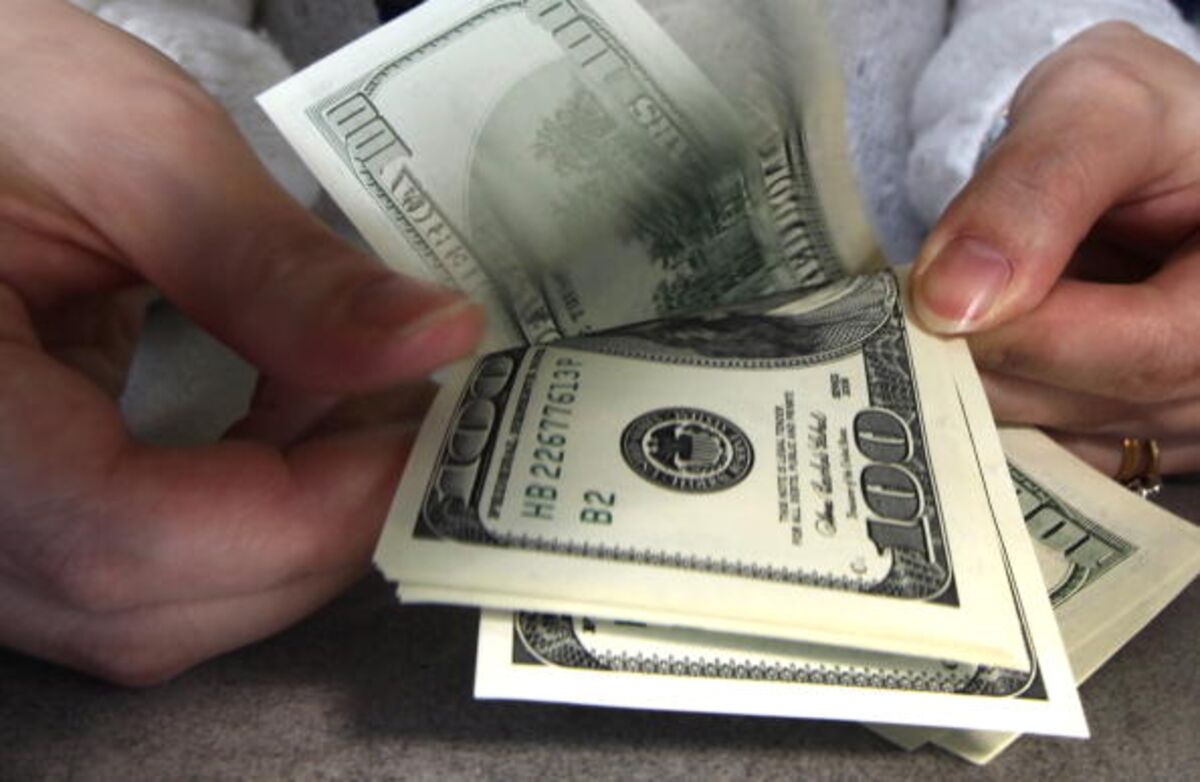~5 years ago, my dad and stepmom (in their low 50's at that time) hadn't saved much for retirement so they both took the penalty and wiped their 401ks and bought rentals with the cash (up to 6 units now currently) and have gradually paid them down. By retirement age, they're hoping to have acquired and paid off 10 total units and the steady income flow would be equivalent to a 4% withdrawal rate on a $4 million 401K policy (~$150K income from the 10 units), but with the added benefit of write offs to better protect the income stream than you could from withdrawing from a 401K + rents always increase + property values always increase. Thought he was looney at the time for wiping his retirement, but turning out to be a pretty smart move for them I think that will lend them more income stream than their smaller 401s would ever have. But, who's to say...this is my long-winded way of just saying that some dummies who didn't save enough for retirement & are getting older may actually be cashing out their 401Ks and using the money for other investment purposes & trying to get creative? My dad would fall in the 57 year old age range in the article and he would be a contributor to dragging that average savings rate down pretty solidly with his current $0 401K balance. Doesn't mean he doesn't have a retirement income stream planned though. I'll take any critiques to that plan he's got going though because I'm looking to create something similar over the years for myself as well, but while also still contributing to 401 along the way with intent of having both income streams in retirement.


